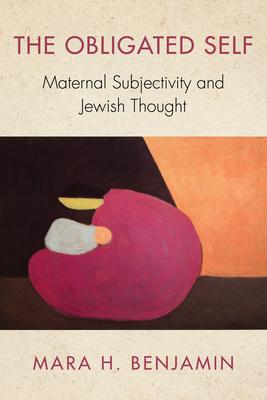Mara H. Benjamin contends that the physical and psychological work of caring for children presents theologically fruitful but largely unexplored terrain for feminists. Attending to the constant, concrete, and urgent needs of children, she argues, necessitates engaging with profound questions concerning the responsible use of power in unequal relationships, the transformative influence of love, human fragility and vulnerability, and the embeddedness of self in relationships and obligations. Viewing child-rearing as an embodied practice, Benjamin's theological reflection invites a profound reengagement with Jewish sources from the Talmud to modern Jewish philosophy. Her contemporary feminist stance forges a convergence between Jewish theological anthropology and the demands of parental caregiving.

The Obligated Self: Maternal Subjectivity and Jewish Thought
Mara H. Benjamin contends that the physical and psychological work of caring for children presents theologically fruitful but largely unexplored terrain for feminists. Attending to the constant, concrete, and urgent needs of children, she argues, necessitates engaging with profound questions concerning the responsible use of power in unequal relationships, the transformative influence of love, human fragility and vulnerability, and the embeddedness of self in relationships and obligations. Viewing child-rearing as an embodied practice, Benjamin's theological reflection invites a profound reengagement with Jewish sources from the Talmud to modern Jewish philosophy. Her contemporary feminist stance forges a convergence between Jewish theological anthropology and the demands of parental caregiving.